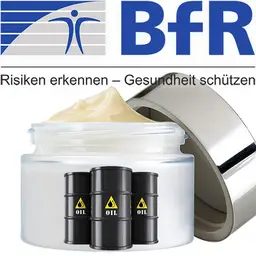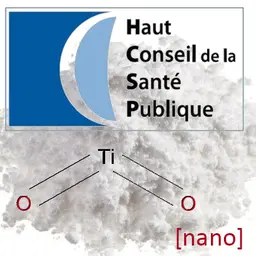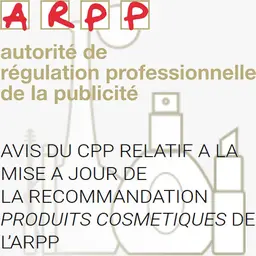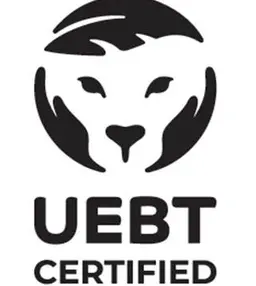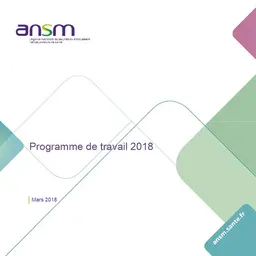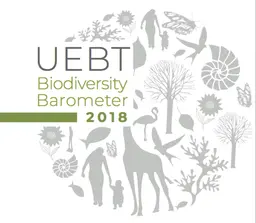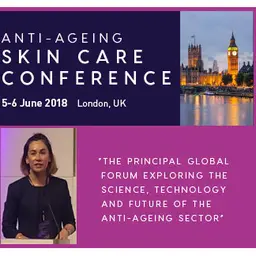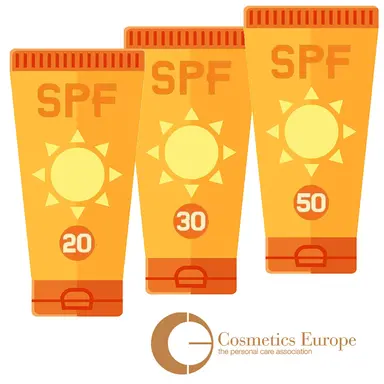
ISO 24444:2019 is the only official reference for determining the sun protection factor (SPF) of cosmetic products. But it is an in vivo method, for which there is no in vitro alternative yet. However, standards are being developed, and in its latest Recommendation, Cosmetics Europe advises to become familiar with them as soon as possible.
For decades, the Sun Protection Factor (SPF) has been measured on the skin of human volunteers in vivo. The current in vivo SPF test method used in Europe (ISO24444:2019) has been developed by a large number of global experts in the International Standards process and is used widely for substantiation of labelled protection claims or in-market control, recalls Cosmetics Europe in the introduction to its Recommendation.
Supported by the European Commission (who explicitly encouraged the development of alternatives in its Recommendation 2006/647/EC), the sun protection industry has continued to innovate around developing new SPF test methods for many years.
It is essential, however, that any alternative method demonstrates a sufficiently high statistical correlation with the current gold-standard in vivo SPF test method (ISO24444:2019). Predicting in vivo SPF test results using alternative methods has, however, proved an extremely hard scientific challenge.
Several alternative methods are in various stages of development, and five methods are currently undergoing statistical characterisation vs the gold standard ISO24444:2019 method in a multi-stakeholder technical consortium (ALT-SPF). Two of those methods have ring-study data evaluating their correlation with ISO24444:2019. Results of these methods have been published in peer-reviewed journals for a high number of sun protection products and …



